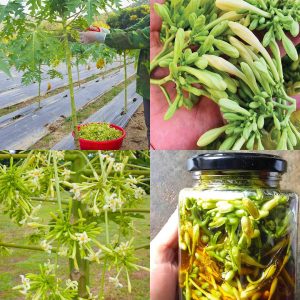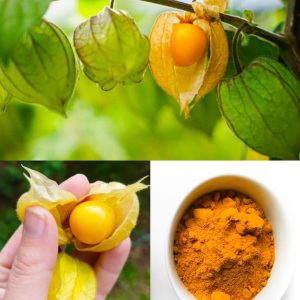
What Is Wormwood?
Wormwood is a silvery-green plant from the daisy family, prized for its intense bitterness and distinctive scent. In ancient times, it was recommended by Hippocrates to treat a range of ailments. In medieval Europe, it was commonly brewed into herbal teas to ease digestive issues and stimulate appetite.
Today, wormwood is still valued in herbal medicine, especially for its digestive, antimicrobial, and anti-inflammatory effects. However, it also contains thujone, a compound that can be harmful in high doses—so knowing how to use it responsibly is key.
Key Health Benefits of Wormwood

- Supports Digestion
Wormwood tea is often used to relieve bloating, indigestion, and loss of appetite. It works by stimulating the production of bile and digestive enzymes, helping your gut do its job more effectively. - Natural Antiparasitic Properties
Traditionally, wormwood was used to eliminate intestinal parasites. Modern research supports its potential as a natural remedy for certain parasitic infections, making it a possible alternative to synthetic treatments. - Pain Relief
Wormwood contains compounds with mild analgesic (pain-relieving) effects, which may help reduce headaches, menstrual cramps, and minor muscle aches. - Hormonal Balance
Some women find that drinking wormwood tea can help regulate menstrual cycles and ease premenstrual symptoms—though more research is needed to fully confirm these effects. - Antioxidant Activity
Wormwood is rich in flavonoids and terpenes—natural compounds that help fight inflammation and protect your cells from oxidative stress.
Nutritional Highlights

Wormwood isn’t just about bitter flavor—it also contains:
- Vitamin C: Supports immunity and cellular repair
- B-complex vitamins: Aid energy metabolism and nerve health
- Magnesium & Iron: Important for muscle function and red blood cell production
Precautions and Contraindications
- Avoid high doses: The compound thujone can be toxic in large amounts and may cause neurological side effects.
- Not safe for pregnancy or breastfeeding: Wormwood may stimulate uterine contractions and affect milk supply.
- May interact with medications: Especially sedatives, blood thinners, or drugs affecting the nervous system.
- Not recommended for children or people with epilepsy, liver disease, or seizure disorders.
Always talk to a healthcare professional before adding wormwood to your routine—especially if you’re on medication or have an underlying condition.
How to Use Wormwood Safely

There are several ways to consume wormwood, each with different potency and applications:
- Tea (Infusion): The most common method. Steep 1–2 grams of dried wormwood leaves in hot water for 5–10 minutes. Drink once or twice a day, but not continuously for more than 2 weeks without a break.
- Liquid Extracts: More concentrated, often used under the guidance of herbalists. Follow dosing instructions carefully.
- Capsules/Tablets: A convenient way to take wormwood, especially if you’re not a fan of its bitter taste.
- Traditional Spirits: Wormwood is famously used in absinthe and other herbal liqueurs. These are not recommended for medicinal purposes due to high alcohol content.
Important: Start with low doses and observe your body’s response. Never self-medicate with wormwood in high concentrations.




